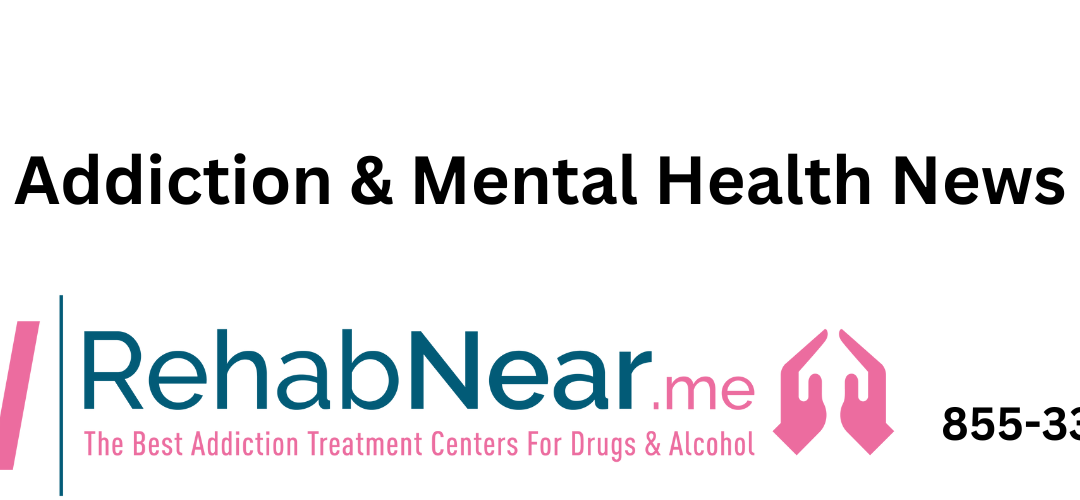A loving bond between parents and their children early in life significantly increases the child’s tendency to be ‘prosocial’, and act with kindness and empathy towards others, research indicates.
The University of Cambridge study used data from more than 10,000 people born between 2000 and 2002 to understand the long-term interplay between our early relationships with our parents, prosociality, and mental health. It is one of the first studies to look at how these characteristics interact over a long period spanning childhood and adolescence.
The researchers found that people who experienced warm and loving relationships with their parents at age three not only tended to have fewer mental health problems during early childhood and adolescence but also displayed heightened ‘prosocial’ tendencies. This refers to socially-desirable behaviors intended to benefit others, such as kindness, empathy, helpfulness, generosity and volunteering.
Although the correlation between parent-child relationships and later prosociality needs to be verified through further research, the study points to a sizeable association. On average, it found that for every standard unit above ‘normal’ levels that a child’s closeness with their parents was higher at age three, their prosociality increased by 0.24 of a standard unit by adolescence.
Conversely, children whose early parental relationships were emotionally strained or abusive were less likely to develop prosocial habits over time. The researchers suggest this strengthens the case for developing targeted policies and support for young families within which establishing close parent-child relationships may not always be straightforward; for example, if parents are struggling with financial and work pressures and do not have much time.
This article explores the crucial role of loving parent-child relationships in fostering prosocial behavior and nurturing mental health. It delves into how a supportive and affectionate parent-child bond significantly impacts a child’s emotional development, social interactions, and overall well-being. The research highlights how children raised in environments of love and trust tend to exhibit greater prosocial tendencies, promoting empathy, altruism, and positive social engagement.
The article discusses the study’s findings, underlining the profound influence of parental warmth and emotional connection on a child’s mental health outcomes. The positive parent-child relationship is a foundation for mental resilience, enabling children to navigate life’s challenges with confidence and stability.
If you or someone you know is struggling with addiction or facing mental health challenges, RehabNear.Me is here to help. Call us at 855-339-1112, and our compassionate team will provide guidance and connect you with appropriate addiction treatment resources tailored to your unique needs. Taking steps towards seeking help can lead to a brighter and healthier future. Reach out today.








